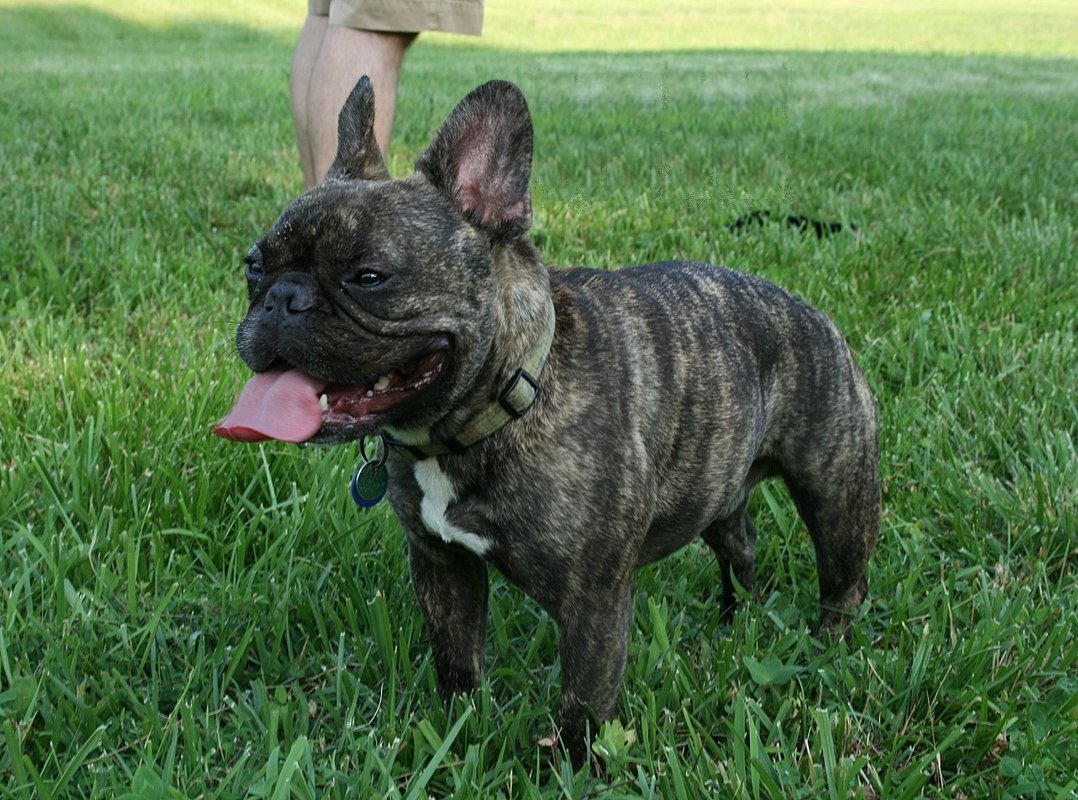French Bulldogs are charming, lovable companions known for their playful demeanor, compact build, and those distinctive “bat ears.” However, like many breeds, they’re prone to specific health issues. Whether you’re a new or prospective French Bulldog owner, understanding these common health issues is essential for providing the best care possible. In this article, we’ll explore the most common health issues of French Bulldogs, the signs to look for, and steps you can take to manage or prevent these conditions.
1. Brachycephalic Airway Syndrome
One of the most recognizable features of French Bulldogs is their short, flat snouts, but this trait can also contribute to breathing problems. Known as brachycephalic airway syndrome, this condition can cause difficulties with breathing, especially in hot or humid weather.
Signs to Watch For:
- Heavy, loud breathing or snoring
- Difficulty exercising or heat intolerance
- Gagging or choking noises Managing the Condition:
Keeping your French Bulldog cool in hot weather, avoiding over-exertion, and monitoring for signs of respiratory distress are crucial. In some cases, veterinary intervention may be needed to improve their breathing and quality of life.
2. Hip Dysplasia
Though hip dysplasia is more commonly associated with larger breeds, it can also affect French Bulldogs. This condition occurs when the hip joint does not fit together properly, leading to discomfort and, eventually, arthritis.
Signs to Watch For:
- Limping or lameness
- Difficulty rising or jumping
- Reduced activity levels Preventive Measures:
Regular vet check-ups, maintaining a healthy weight, and low-impact exercise can help reduce the risk. If your Frenchie shows signs of discomfort, your vet may recommend specific treatments or supplements.
3. Allergies and Skin Issues
French Bulldogs are often prone to allergies, which can cause various skin issues, from itching and redness to hot spots and infections. Allergies can be triggered by environmental factors like pollen or dust, as well as certain foods or flea bites.
Signs to Watch For:
- Excessive scratching or licking
- Red, inflamed skin
- Ear infections or frequent shaking of the head Managing Allergies:
Regular grooming, flea prevention, and allergy testing can help manage these issues. Your vet may recommend a hypoallergenic diet or medications if the allergies are persistent.
4. Eye Conditions
French Bulldogs’ large, expressive eyes are adorable, but they’re also sensitive and susceptible to various eye health issues. Conditions like cherry eye, conjunctivitis, and corneal ulcers are common in this breed.
Signs to Watch For:
- Red or swollen eyes
- Discharge or excessive tearing
- Squinting or rubbing the eyes Eye Care:
Cleaning your French Bulldog’s eyes with vet-approved wipes and taking them for regular eye exams can help maintain eye health. If you notice any issues, it’s best to consult a vet, as untreated eye conditions can worsen.
5. Intervertebral Disc Disease (IVDD)
Due to their short legs and sturdy bodies, French Bulldogs are prone to spinal issues like intervertebral disc disease (IVDD). This condition occurs when the discs between the vertebrae become damaged, leading to pain and potential mobility issues.
Signs to Watch For:
- Pain when touched or picked up
- Stiffness in the neck or back
- Difficulty walking or dragging legs Prevention and Management:
Avoid letting your French Bulldog jump from heights and maintain a healthy weight to reduce strain on their back. If they show signs of pain or mobility issues, consult a veterinarian, as IVDD may require medical intervention.
6. Obesity and Weight-Related Health Issues
French Bulldogs are prone to obesity, which can worsen other health issues, such as joint problems and breathing difficulties. Maintaining a healthy weight is essential for preventing further complications.
Signs to Watch For:
- Weight gain despite a controlled diet
- Decreased mobility or interest in exercise
- Difficulty breathing after activity Managing Obesity:
Feeding a balanced diet and encouraging moderate exercise can help maintain your Frenchie’s weight. Consult your vet to determine the best diet and portion sizes for your dog’s specific needs.
7. Heat Intolerance
Due to their unique build and respiratory challenges, French Bulldogs are particularly sensitive to heat. Overheating can quickly lead to heatstroke, which is a serious and sometimes life-threatening condition for French Bulldogs.
Signs to Watch For:
- Excessive panting and drooling
- Red or pale gums
- Weakness or collapse Protecting Your Frenchie from Heat:
Always provide access to cool, shaded areas, and avoid outdoor activities during the hottest parts of the day. Indoors, fans and cooling mats can help keep your dog comfortable.
Conclusion
French Bulldogs are wonderful pets with a loving temperament, but their unique body structure and genetics make them susceptible to specific health issues. Being aware of these potential health issues for French Bulldogs allows you to take proactive measures and provide the best possible care. Regular veterinary check-ups, a balanced diet, and plenty of love are key to managing and potentially preventing health issues with French Bulldogs.
If you’re considering bringing a French Bulldog into your home or already have one, remember that a little extra care and attention can go a long way in keeping them happy and healthy.
